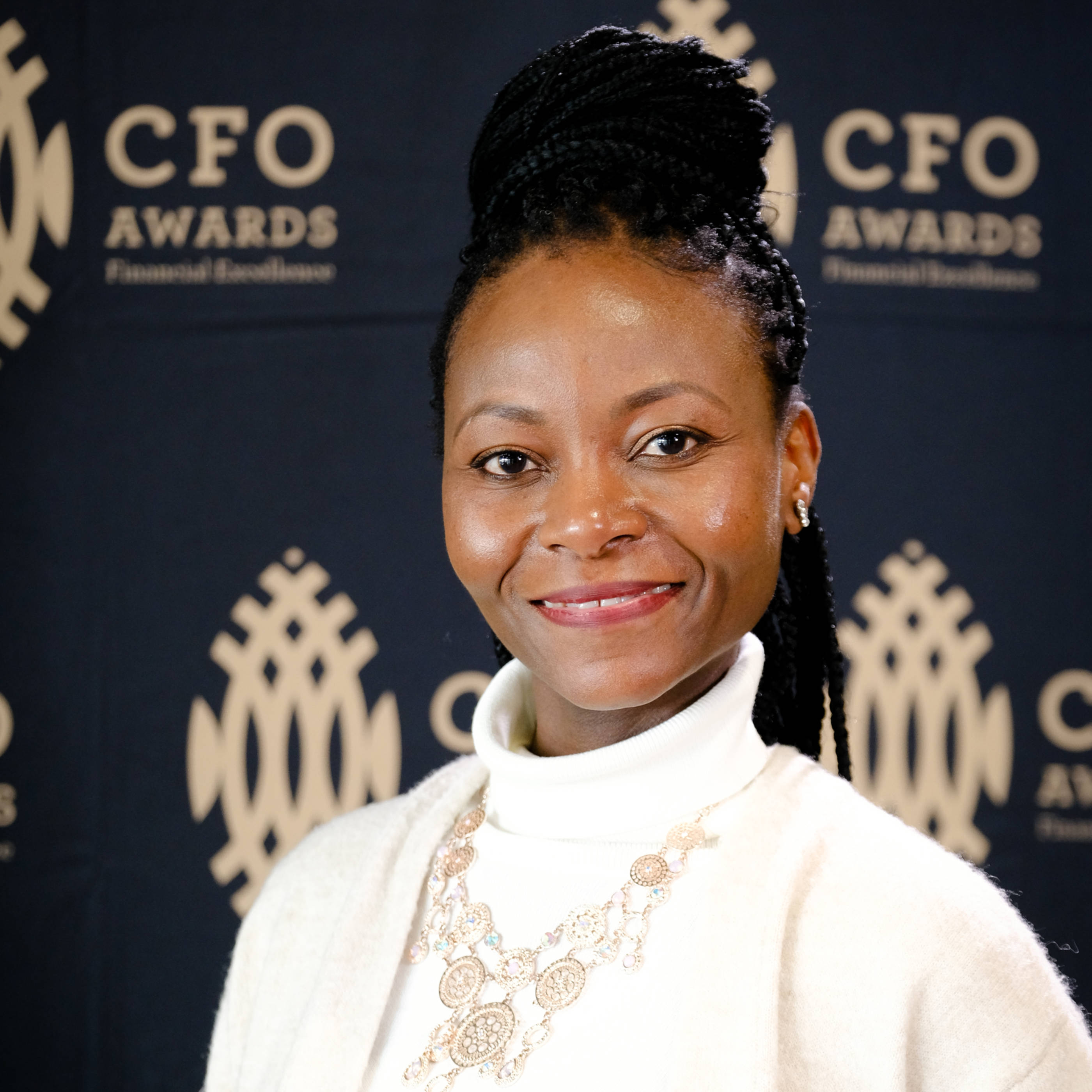The Metropolitan Trading Company acting CFO's superpower is his ability to combine brains and heartfelt values.
The financial skills shortage in South Africa has reached a critical level, with the public sector and particularly local government being among those hardest hit. Luyanda Gidini, acting CFO at Metropolitan Trading Company (MTC), shares the sentiment that service delivery to the people at municipal level matters, and has set about charting his career along the path of service.
Passionate about giving back, Luyanda did his articles at National Treasury following graduation from WITS with a B.Com in Accounting and Finance. The three-year programme offered him exposure in key areas with specialisation in Financial Management and Management Decision-Making and Control through rotation to the various divisions of the National Treasury and the City of Johannesburg Municipality. For Luyanda, the experience allowed him to meet his goal of understanding the machinations of major public institutions such as Eskom, PIC, Reserve Bank and other entities that drive the economy.
The public sector is notorious for its depth and breadth of challenges and has a wretched reputation for failing to retain talent because of bureaucracy and red tape. Luyanda acknowledges these, but asserts that one of the pay-offs for him has been gaining first row insights to high-profile projects, all of which allowed him to transition to his current position. One such project is the City of Johannesburg’s major restructuring effort in 2011 which he saw the city go from 15 municipal entities to 12, a massive learning experience for a young professional.
Luyanda has now taken up the acting CFO role at Metropolitan Trading Company (MTC), a City-of-Joburg-owned entity established in 2015. One of its major assets is a broadband network that consists of an estimated total of 1000km of fibre, covering large parts of Johannesburg, including Orange Farm, Diepsloot, Alexandra and Soweto and is meant to connect public facilities such as libraries, the city’s public rapid transit system, entrepreneurship hubs and general service delivery.
The carrying value of the network assets and intangible assets amounted to more than R520 million at 30 June 2019, and are undergoing restructuring. Currently, most of Luyanda’s focus is on seeking the best solutions for how to go about deriving the most value from the assets.
“This requires changing the business model and we are currently assessing market conditions and giving strategic direction on the best ways to meet the entity’s fiscal demands while delivering to the citizens of the city, and staying apace with rapid technological shifts and be primed for the 4IR,” he explains.
[cfocoza-cta slug=finance-indaba-2019]
Serving the people
Succeeding as a CFO in the public sector requires a keen sense of humour, says Luyanda, pointing out that, “You are placed in situations which can be politically charged and the ability to navigate these situations, make professionally sound decisions and part with all stakeholders appreciating the decisions taken, is crucial. Technical acumen is also very important; you need to understand the environment, which is characterised by a multitude of urgent and often competing priorities.”
Lift as you rise
In addition to being the acting CFO, Luyanda wears the hat of a training officer for the City of Johannesburg’s Academy for Chartered Accountants Training Programme (ACA). In 2007, the Minister of Finance issued Municipal Regulations on Minimum Competency Levels. According to the guidelines, financial managers and CFOs are expected to have prescribed minimum qualifications in financial management. The CFOs of Metropolitan Municipalities are expected to be qualified CAs.
It is against this background that the city obtained accreditation in 2016 to become a SAICA-Approved Training Office. The City Training Office is known as the City’s Academy of Chartered Accountants (ACA) Training Programme or simply, the Joburg CAs Training Programme.
The programme launched in 2017 started with only two trainees and currently has eight trainee accountants allocated to the programme by SAICA. The team is currently in the process of engaging with SAICA to increase its trainee allocation to 30 trainees within the next three years, something Luyanda anticipates being hands-on with.
Luyanda is aware of the responsibilities which rest on his shoulders and describes himself as a developmental leader, intent on growing those around him through coaching, not managing. “My approach is less corrective and more about supporting others to reach their potential, by exploring and channelling their gifts and talents.”
This outlook has evolved from his understanding that in a society like South Africa, academic pursuits only partially prepare many for the workplace. “The demands of operating in professional settings aren’t easy to navigate, especially if you come from a disadvantaged background. My style of leading centres on connecting and engaging with people to understand where their potential lies.”
As a socially conscious professional, the Tembisa native serves as the secretary-general of the Advancement of Black Accountants in South Africa (ABASA) and is also chairperson of the Johannesburg branch. The organisation was created to increase the number of black accountants in the field and he takes advantage of this platform to punt the opportunities in the public sector to young black professionals.
In addition, he lends his professional expertise on a pro-bono basis to the Black Business Council as an Audit Committee member. He also chairs the Audit Committee of Equal Education, the NPO which has grabbed headlines by forcing the Department of Education to address crises ranging from late delivery of school books to the lack of adequate toilet facilities in public schools. He helps steer the organisation’s multi-million rand coffers which drive the organisation’s advocacy and lobbying.
The 34-year-old father of two loves playing soccer, attending the theatre, watching movies, listening to music and travelling. Having made SAICA’s 35 under 35 list, he says that the most important factor to success has been the ability to navigate industry terrain while maintaining his professional integrity.










